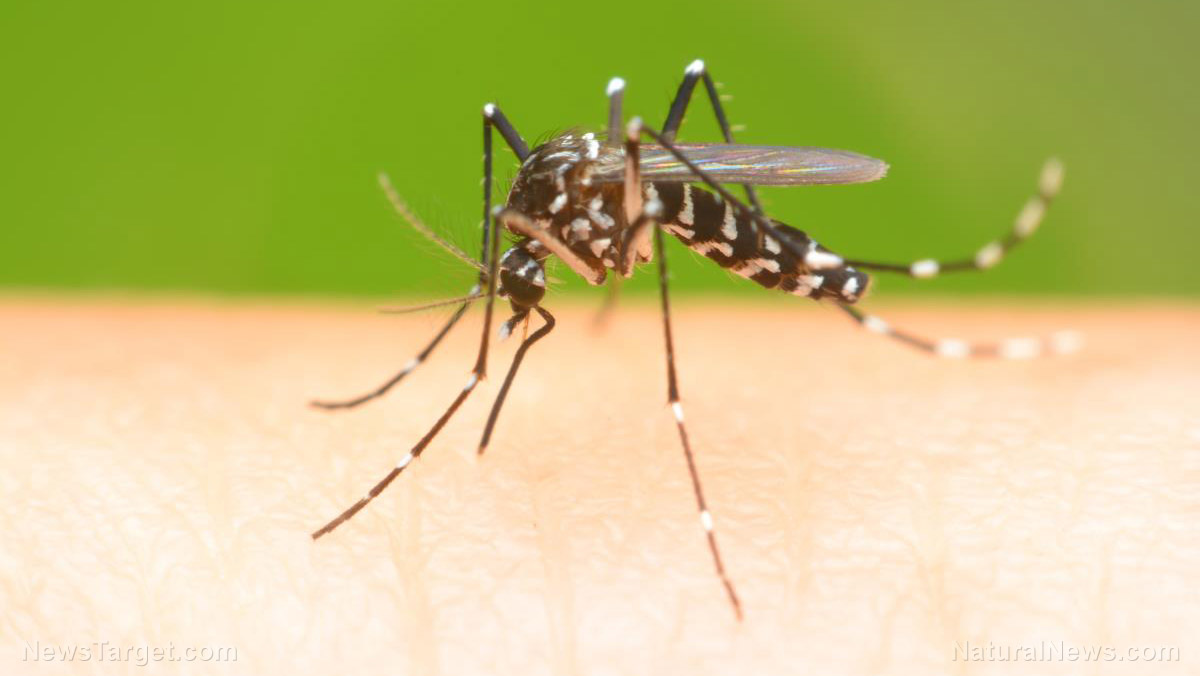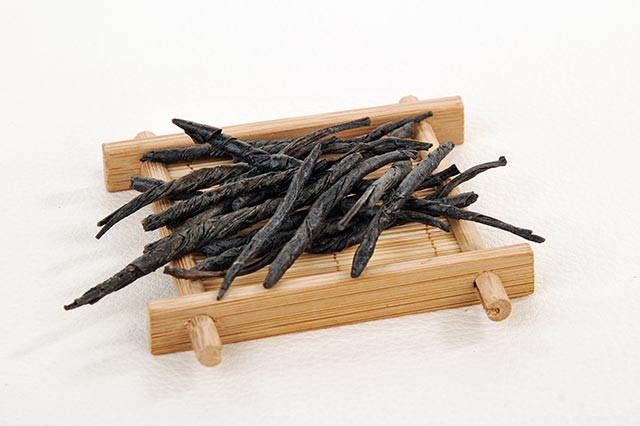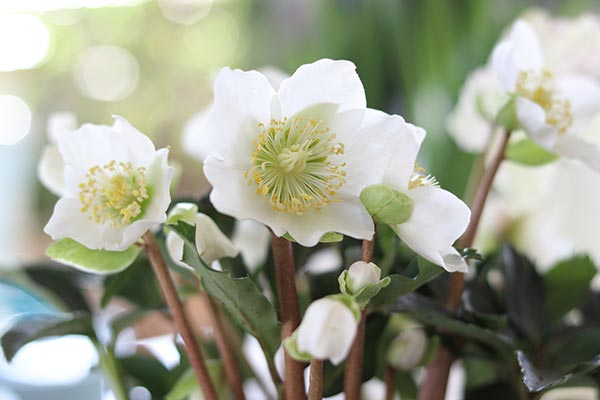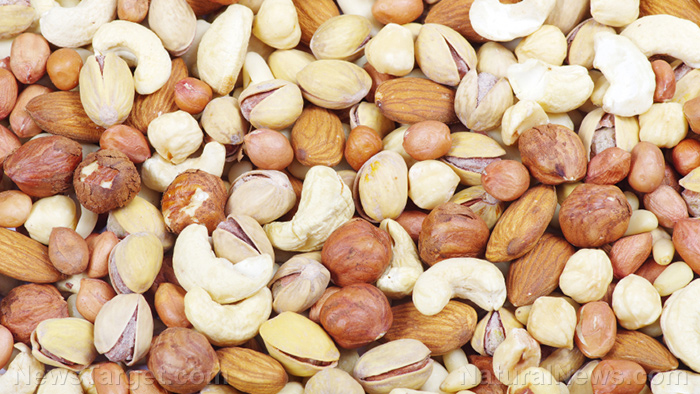6 Easy to grow mosquito-repelling plants and herbs
12/03/2019 / By Grace Olson

Mosquitoes may be tiny, but they are harbingers of disease. Instead of using potentially toxic commercial repellents, put these plants in your home instead. Not only do they naturally repel mosquitoes, but they also give your home a touch of nature. (h/t to PreparednessMama.com)
1. Citronella
Citronella has a strong smell, which helps masks you from mosquitoes. Because it’s low maintenance, you can buy one from a nursery and plant it in your garden. It thrives in areas with no frost. If you do live in an area that gets frost, plant the citronella in a pot. This way you can bring it inside during the winter.
You can also use citronella essential oil. Add a few drops on your clothes or a diffuser.
Here are some things you need to know about using a citronella plant:
- Needs: Full sun/partial shade; well-drained soil
- Also repels: Flies
- Safe for skin: Yes, especially in oil form
2. Lavender
Aside from repelling mosquitoes, its fragrance also contains calming properties. Lavender essential oil is popular in aromatherapy. It is used to treat various conditions, like anxiety and allergies.
Lavenders are a beautiful addition to any garden or home. There are many varieties. Consult with other gardeners or the local nursery to find out which one will grow best in your area.
Other information on lavender plants include:
- Needs: Full sun; well-drained soil
- Also repels: Moths, spiders, flies, fleas, bed bugs
- Safe for skin: Yes
3. Rosemary
Rosemary is a well-known ingredient used in a wide array of foods, like salads and soups. It has the added benefit of keeping insects away from produce, which makes it an excellent addition to any garden.
Sponsored: NEW Biostructured Silver First Aid Gel created by the Health Ranger combines three types of silver (ionic silver, colloidal silver, biostructured silver) with seven potent botanicals (rosemary, oregano, cinnamon and more) to create a breakthrough first aid silver gel. Over 50 ppm silver, verified via ICP-MS lab analysis. Made from 100% Texas rain water and 70% solar power. Zero chemical preservatives, fragrances or emulsifiers. See full details here.
Rosemary essential oil is used for hair and skin health. It also aids in digestion, relieves stress, and boosts the immune system.
More information on rosemary plants include:
- Needs: Full sun; well-drained soil
- Also repels: Vegetable bugs, flies
- Attracts: Butterflies, bees, hummingbirds
- Safe for skin: Yes, especially in oil form
4. Marigold
This plant naturally produces pyrethrum, a compound found in many commercial repellents. Its yellow and orange flowers are not only beautiful, but they also emit a strong smell that mosquitoes hate. They are annual plants, but they reseed themselves. They have a light, citrusy taste and are commonly added in salads and soups. (Related: Mexican marigold essential oil holds potential as powerful natural herbicide.)
Here are some more information on marigold plants:
- Needs: Full sun; well-drained soil
- Also repels: Deer, rabbits
- Attracts: Butterflies, bees
- Safe for skin: Yes
5. Basil
Basil plants emit an aroma that mosquitoes hate. Not only that, they can be used in many dishes and have anti-inflammatory qualities. This popular food ingredient can be easily planted in a pot and placed by your windowsill or doorstep.
Moreover, basil is toxic to mosquito larvae. Place it near standing water; this prevents mosquitoes from laying their eggs there.
Here are some added information on basil plants:
- Needs: Full sun; well-drained soil
- Also repels: Flies
- Safe for skin: Yes
6. Catnip
If you have a cat, catch two birds with one stone by planting catnips. Catnips contain nepetalactone, a chemical that repels mosquitoes and attracts cats. Place it in a cat-friendly area because cats like to roll around it. They are low maintenance, but they are invasive when planted with other plants. Set aside an area for it instead.
It’s possible to crush catnip and spread the extract on your clothes. Beware though: Your cat will still react to that catnip smell.
Some other details on catnips:
- Needs: Full sun/partial shade; well-drained soil
- Also repels: Termites, cockroaches
- Safe for skin: Yes
These are just some of the ways to repel mosquitoes. Check out HomeGardeningNews.com for more information on natural repellents and maintaining a flourishing garden.
Sources include:
Tagged Under: basil, catnip, citronella, essential oils, green living, home gardening, homesteading, how-to, insect repellents, Lavender, marigold, mosquito repellents, natural products, non-toxic products, preparedness, prepping, Rosemary
RECENT NEWS & ARTICLES
Natural.News is a fact-based public education website published by Natural News Features, LLC.
All content copyright © 2018 by Natural News Features, LLC.
Contact Us with Tips or Corrections
All trademarks, registered trademarks and servicemarks mentioned on this site are the property of their respective owners.


















